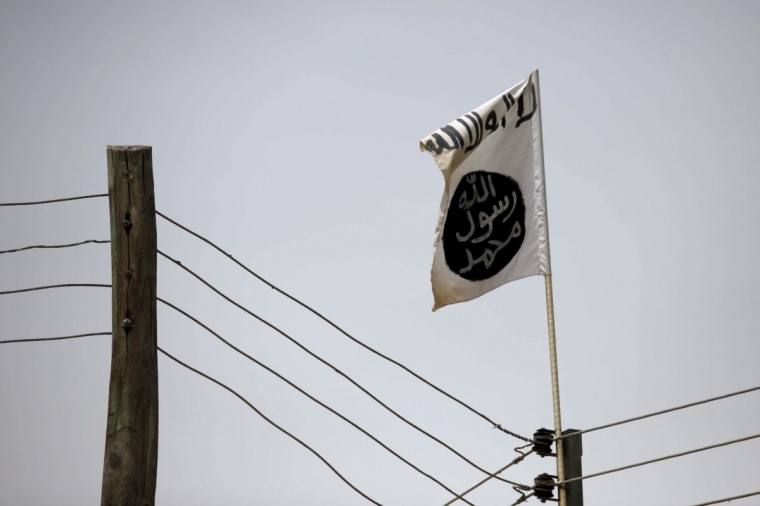Rise of violence against Christians, others in Nigeria troubles USCIRF

WASHINGTON (Christian Examiner) – The U.S. Commission on International Religious Freedom (USCIRF) is issuing a stark warning about the rise of violence against Christians and non-radicalized Muslims in Nigeria.
In a statement issued July 17, three days before President Barack Obama's meeting with Nigerian President Muhammadu Buhari in Washington, D.C., the USCIRF claims violent attacks by Boko Haram, a militant Islamic terror group with ties to the Islamic State, are causing significant strife in the country's "Middle Belt."
The "Middle Belt" is the name given to the area where Muslims and Christians had, until recently, lived at peace with one another. The southern portion of the country is virtually entirely Christian, while the North is predominately Muslim.
"We are extremely concerned by Boko Haram's senseless killing of innocent people, the targeting of worshippers, and the destruction of houses of worship," USCIRF Chairman Robert P. George said.
"This increase in violence has left more than 300 dead since the beginning of July and is a stark reminder that Boko Haram is a de-stabilizing force in Nigeria and the region."
Attacks by Boko Haram militants have increased since the beginning of Ramadan, according to USCIRF. In its statement, the group said three mosques were attacked in early July. Militants killed more than 150 people during Eid al-Fitr celebrations, marking the end of fasting during the Muslim holy month, in two Nigerian states. Another 60 people were killed July 16 during the celebrations.
Those killed were presumably not Muslim enough for the militants.
On July 5, 32 churches were burned and one church was bombed. Five people were killed in the bombing at the Redeemed Christian Church of God in Potiskum, including the church's pastor.
The report from USCIRF also said hundreds of Christians have been killed by Muslim herders in the Middle Belt in the wake of national elections in April.
And Boko Haram's reach is spreading. Yesterday, a report emerged from the region blaming Boko Haram for the death of 21 villagers in neighboring Cameroon.
In a meeting at the White House with President Buhari, President Obama praised the Nigerian leader for his "clear agenda in defeating Boko Haram and extremists of all sorts inside his country." Obama said he believes the U.S. can partner with Nigeria to ensure it ends up being an anchor of democracy and security in Africa.
Since 2009, USCRIF has recommended Nigeria be designated a "country of particular concern." CPCs are cited for their systemic, ongoing, and egregious violations of religious freedom – whether on the part of the government or a religious majority.
RELATED ARTICLES:
2,000 slaughtered, town razed in Nigeria by Boko Haram